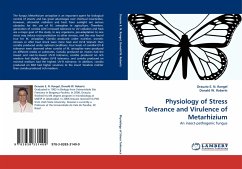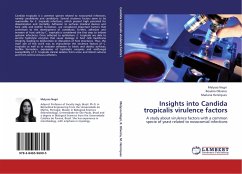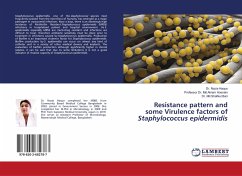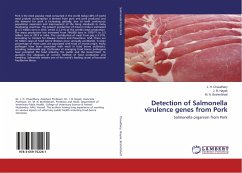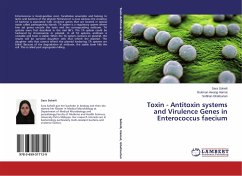The fungus Metarhizium anisopliae is an important agent for biological control of insects and has great advantages over chemical insecticides. However, ultraviolet radiation and heat from sunlight are serious obstacles for the use of M. anisopliae in agriculture. Therefore, generation of conidia with increased tolerance to UV radiation and heat are a major goal of this study. In any organisms, pre-adaptation to one stress may induce cross-protection to other stresses, and this was found true for M. anisopliae. Conidia produced under nutritive, osmotic stresses or after heat shock were more heat and UV-B tolerant than conidia produced under optimal conditions. Four levels of conidial UV-B tolerance were observed when conidia of M. anisopliae were produced on different media or substrates. Conidia produced on insects had the lowest and next-to-lowest UV-B tolerance, conidia produced on rich medium had slightly higher UV-B tolerance, and conidia produced on minimal medium had the highest UV-B tolerance. In addition, conidia produced on MM had higher virulence to the insect Tenebrio molitor than conidia produced rich medium.
Bitte wählen Sie Ihr Anliegen aus.
Rechnungen
Retourenschein anfordern
Bestellstatus
Storno

